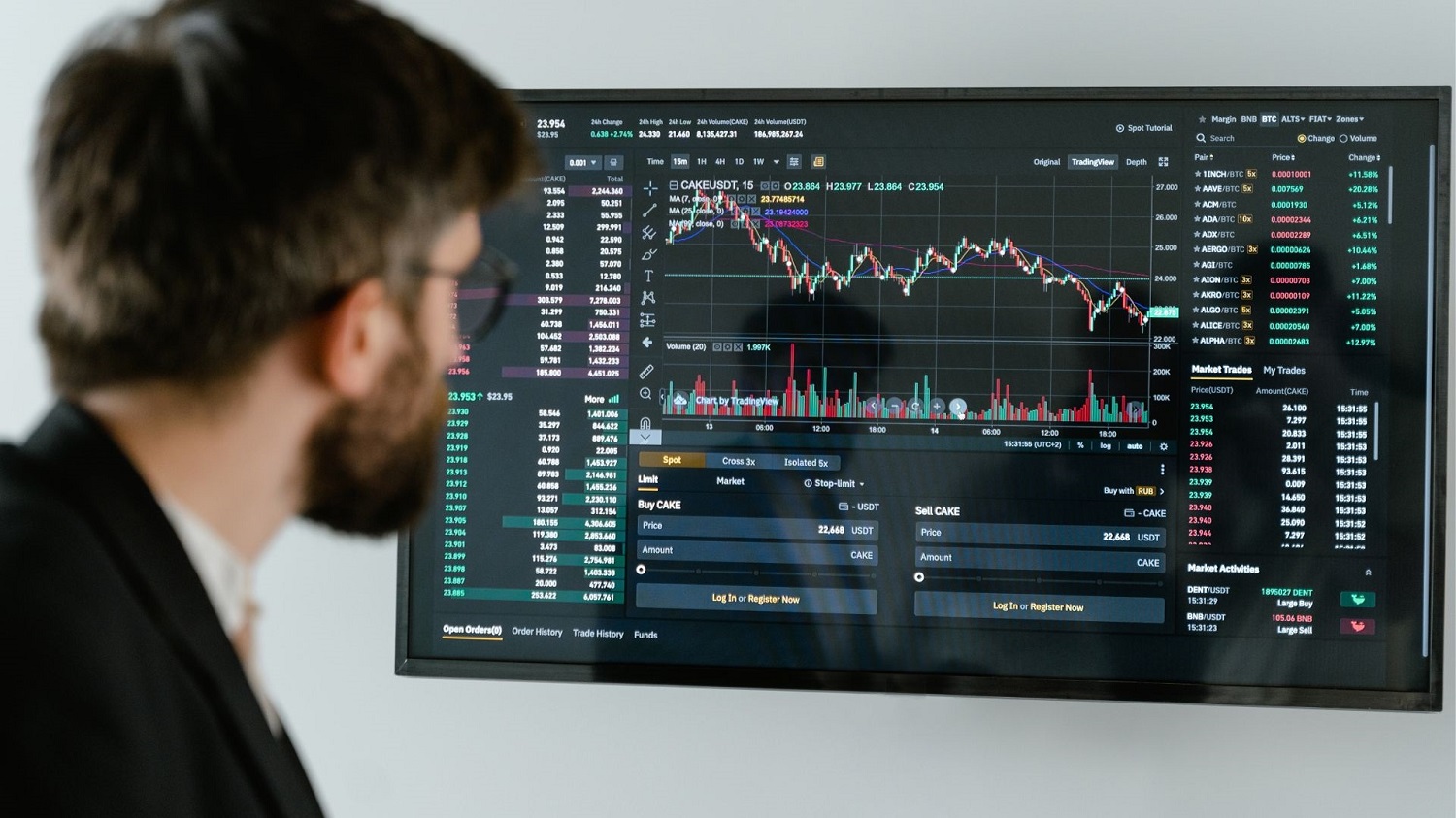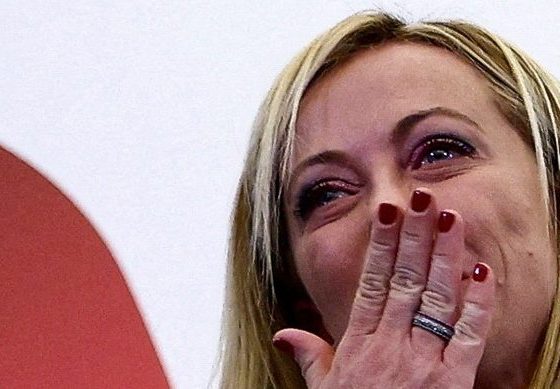The start of a new year (according to the Hebrew calendar) is a good time to reflect on the things that decide the quality of our lives.
Economy is certainly one of the key factors that determine whether we live well or not. Someone once said to me, “Money isn’t the most important thing in life, but it’s reasonably close to oxygen on the ‘gotta have it’ scale.” With that in mind, we should look at what is happening today. First, inflation is soaring, and this is bad news for all of us. Worse yet, we do not know why it is soaring. The war in Ukraine no longer justifies it, there is no pandemic in sight that shuts down the global economy, no shortage of oil, and no other apparent reason for the skyrocketing prices.
There are countless other problems and changes in the global economy. The job market is changing and fewer people are willing to work office jobs and prefer to work from home. There is a wave of resignations. Employers that were used to selecting from numerous applicants, sometimes have to pay for people to come only to be interviewed.
Another shift is accelerating automation. The shrinking number of people willing to work, especially in low-paying jobs, is injecting fuel into the robotics industry and more and more stages of production are now given to robots.
“Another shift is accelerating automation. The shrinking number of people willing to work, especially in low-paying jobs, is injecting fuel into the robotics industry and more and more stages of production are now given to robots.”
At the same time, people are not getting happier because they have more free time. Even though they have enough money to sustain themselves, their behavior is unbalanced, with exaggerated consumerism, prevalent substance abuse, violence, depression, narcissism, and countless other problems that together turn everything we do against ourselves.
Therefore, I believe that the root cause for the rising prices, and for the countless other problems I just mentioned, has to do with our relationships with one another. The economy reflects the state of society, and not the other way around. The economy does not cause social crises. Rather, when there is a social crisis, it is likely to disrupt the economy.
The problem is that the more we develop, the more self-centered we become. If you look at all of nature, you will find that the more it develops, the more cooperative it becomes—the exact opposite of humanity.
“The problem is that the more we develop, the more self-centered we become. If you look at all of nature, you will find that the more it develops, the more cooperative it becomes—the exact opposite of humanity.”
For example, more developed animals on the food chain have more complicated organisms. These animals then form a complex system where the survival and health of each species depends on the survival and health of every other species.
Our universe is another good example. It evolved from separate particles of hydrogen and helium that condensed into vast and complicated systems of galaxies, stars, and planetary systems, with channels that connect them and transfer matter throughout the universe.
Human society has also evolved impressively over the centuries and has become a global mesh where each part contributes its unique skills to the benefit of humanity. Why then are we not thriving? Because we hate the idea that we are connected; we are utterly self-centered, and the very idea that we are dependent on someone else makes us cringe.
To avoid being dependent, and to assert ourselves as the rulers, we fight against each other. It does not have to be a war between countries; we are fighting all the time: at work, at home with our partners and children, on the road, in the supermarket, and often even in our sleep. We are miserable.
“The global economic downturn, therefore, reflects our social disarray. Because we are growing increasingly connected and increasingly self-centered simultaneously, the contradictory trajectories are tearing the fabric of human society. As a result, the economic structure we have built, which relies on mutual support and global supply chains, is breaking up.”
The global economic downturn, therefore, reflects our social disarray. Because we are growing increasingly connected and increasingly self-centered simultaneously, the contradictory trajectories are tearing the fabric of human society. As a result, the economic structure we have built, which relies on mutual support and global supply chains, is breaking up.
The soaring inflation is only the beginning of our woes. Unless we adjust our relationships to match our level of connectedness, we will suffer from shortages that will lead to hunger and social disentanglement.
Our task, therefore, is not to change the economy, but to change the ill-relations we have with one another, which are sickening the global and local economy. The economy will be all well and good when the society is well, and the society will be well when we start seeking how we can help each other rather than hurt each other.











